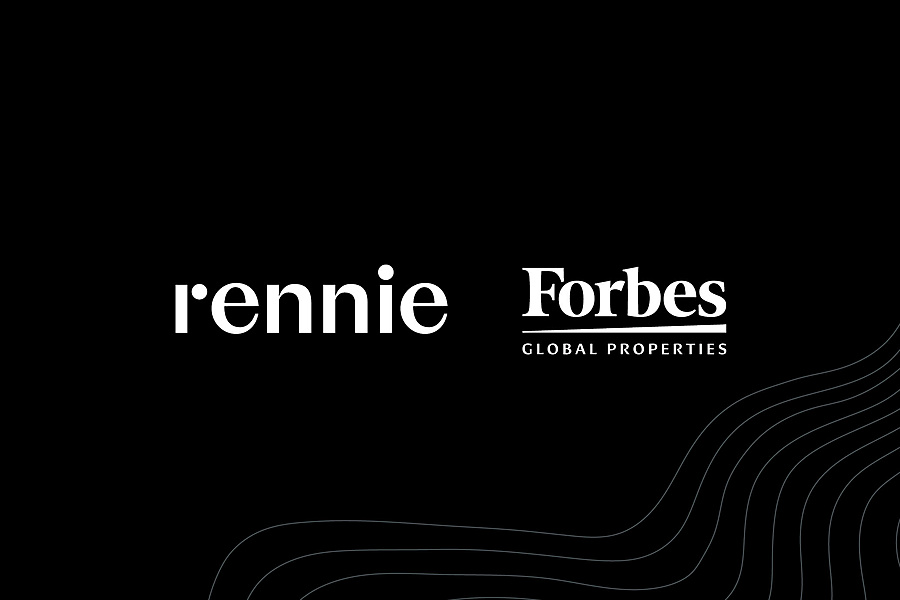The relationship between humans and machines has been threaded into the tapestry of our history for centuries. Tractors were created to help farmers produce crops quicker, assembly lines were created for machine precision, and computers and spreadsheets were created to ensure perfect, reliable calculations.
Artificial Intelligence (AI) itself has an incredible history, but as we currently sit in this era of Large Language Models (LLMs) and Generative AI, the evolution from simple tools to complex AI systems has been profound. The rapid pace of technological advancement today can, and rightfully so, be cause for concern on a multitude of levels including privacy, transparency, ethics, and the labour market.
Here are some quick numbers to provoke some thought:
- It is estimated that AI will potentially contribute $15.7 trillion to the global economy by 2030. (Source: PwC)
- The global AI market is projected to grow to $297.9 billion by 2027, with a CAGR of 19.1%. (Source: Gartner)
- 60% of workers will use their own AI to perform their job and tasks. (Source: Forrester)
- About 42% of enterprise-scale companies surveyed (> 1,000 employees) report having actively deployed AI in their business with an additional 40% exploring or experimenting with AI. (Source: IBM)
- With generative AI added to the picture, 30 percent of hours worked today could be automated by 2030. (Source: McKinsey Global Institute)
What does this mean for jobs?
At rennie, generative AI has unlocked capabilities in code translation, data analysis, content creation, image generation, and video editing. Many of our daily tools now feature some degree of generative AI integration and influences how we collaborate with each other and work through our daily tasks.
The real intrinsic value of AI starts as we begin to automate internal processes with robotic process automation (RPA), removing repeatable low value tasks, enabling our teams to support our clients and our business better.
Sam Altman, CEO of OpenAI, was recently discussing the impact of AI on job replacement on the Lex Fridman Podcast:
“The way I think about it is not what percent of jobs will AI do, but what percent of tasks will AI do and over what time horizon? So if you think of all of the five second tasks in the economy, the five minute tasks, the five hour tasks, maybe even the five day tasks. How many of those can AI do?”
I firmly believe that AI can help people operate and function at a higher-level in both their personal and professional lives. By automating lower-value tasks, AI frees up individuals to focus on high-value, critical-thinking tasks. This is not simply a change in efficiency but a change in our quality of life at home and enjoyment in the workplace. However, this does not negate the fact there will be global impacts on the labour market – both positive and negative.
McKinsey Global Institute shares in their recent report ‘Generative AI and the Future of Work in America’ that “Generative AI is enhancing the way STEM, creative, business and legal professionals work, rather than eliminating a significant number of jobs outright. Automation will impact other job categories.” It goes on to say that, “Twelve million more occupational shifts may be needed by 2030. Workers in lower-wage jobs are up to 14 times more likely to need to change occupations than those in the highest-wage positions.Women are 1.5 times more likely to need to move into new occupations than men.”
While millions of jobs are being created due to AI innovation in architecting, training, building, and supporting these new systems; organizations will be required to offer upskilling and reskilling to their workforce to remain competitive and sustainable in an AI landscape which is continuously evolving how we work side by side, and function in this world.
So what’s next?
I can only imagine where this steep curve of innovation will take us over the next three to five years. To stay ahead, I initiated a rennie AI think tank as our organization's hub for artificial intelligence innovation, focusing on developing AI-driven solutions for tomorrow's challenges.
By uniting diverse experts within rennie to explore AI's potential responsibly and strategically, we can drive efficiency, innovation, and our competitive advantage across our operations. Through ethical AI practices, collaborative research, and a commitment to continuous learning, reskilling, and upskilling, we aim to unlock new opportunities and lead through a digital transformation journey that the whole world is on right now.
Let’s continue the trend in history, where humans still care about humans…but if I don’t have to write that next email, a machine may allow me to be more thoughtful on something more important for my colleagues, or writing my next blog post.
About Darrell
As rennie’s Vice President of Technology, Darrell leads the tech division, providing thought leadership, spearheading strategic direction and technical operations. His high-performing team develops and maintains robust digital platforms for clients, consumers, and internal divisions, causing waves in the real estate industry. He empowers teams to create state-of-the-art products and applications, fostering a culture of excellence.



